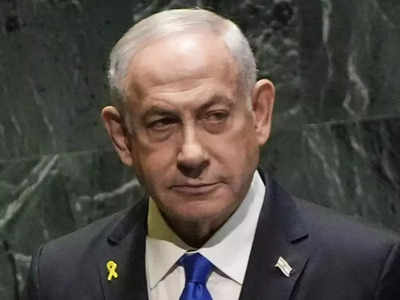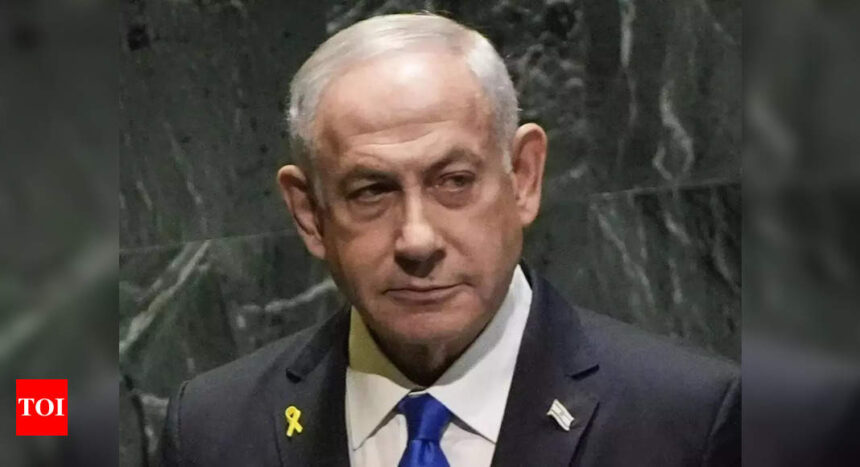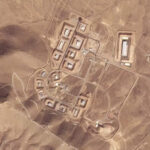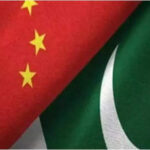
JERUSALEM: Israel‘s air strikes “hit hard” Iran‘s defences and missile production, PM Benjamin Netanyahu said on Sunday, but Iranian supreme leader Ayatollah Ali Khamenei said the damage from Saturday’s attack should not be exaggerated.
With warfare raging in Gaza and Lebanon, direct confrontation between Israel and Iran risks spiralling into a regional conflagration. But a day after the air strikes, there was no sign they would spark another round of escalation. However, heavy fighting in Lebanon between Israeli forces and Iran-backed Hezbollah, which sharply intensified over recent weeks, continued on Sunday with an Israeli air strike killing eight people in a residential block in Sidon, medics said.
“The attack in Iran was precise and powerful, achieving all of its objectives,” Netanyahu said, in a speech marking the official Hebrew calendar anniversary of the Hamas attack on Oct 7 last year. Israel’s strikes were in retaliation for an Oct 1 attack by Iran, which fired about 200 missiles at Israel, though most were intercepted by the country’s air defences. Netanyahu said: “We kept our promise. The air force attacked Iran and hit Iran’s defence capabilities and missile production.” His speech was interrupted by shouting from relatives of victims of the Hamas attack in the crowd. Netanyahu stood silently for more than a minute during the ceremony, which was broadcast live.
The Islamic Republic has not signalled how it will respond to Saturday’s long-anticipated strikes. Iranian Prez Masoud Pezeshkian said on Sunday that Iran is not looking for war but will give an “appropriate response” to Israel’s attack, according to state media. Earlier, Khamenei said Israel’s calculations “should be disrupted”. The attack on Iran, which killed four soldiers and caused some damage, “should neither be downplayed nor exaggerated”, he said. The Iranian parliament speaker, Mohammad Baqer Qalibaf, said Iran was entitled to self-defence and its response “will be definite, in compliance with requirements”.
Israeli defence minister Yoav Gallant said Iran was no longer able to use its allies Hamas in Gaza and Hezbollah in Lebanon against Israel. The two groups “are no longer an effective tool” of Tehran, he said. Gallant said Hamas was no longer functioning as a military network and Hezbollah’s senior command and most of its missile capabilities had been eliminated.








